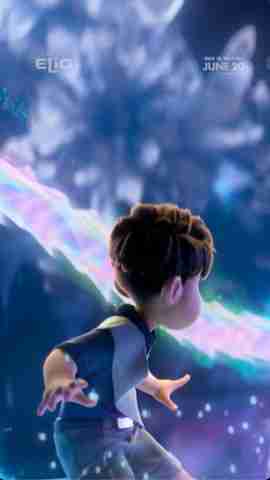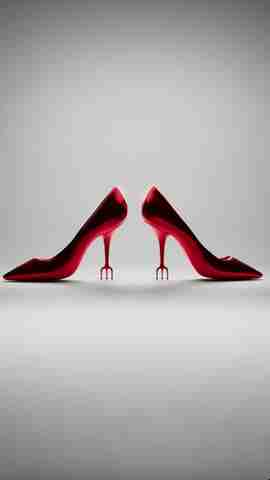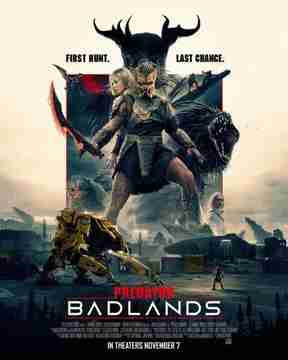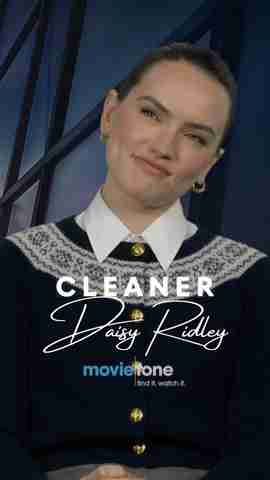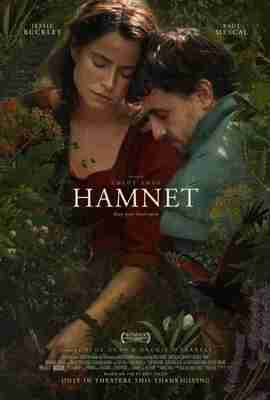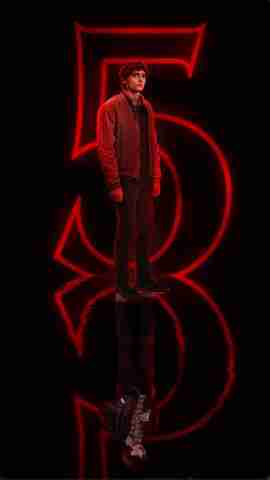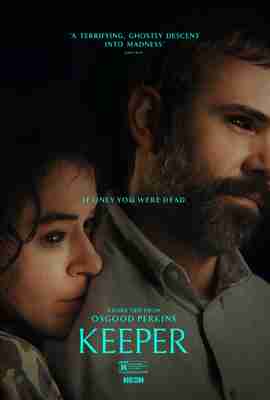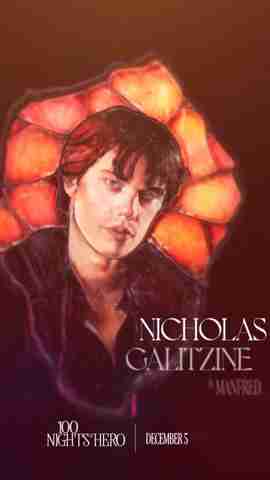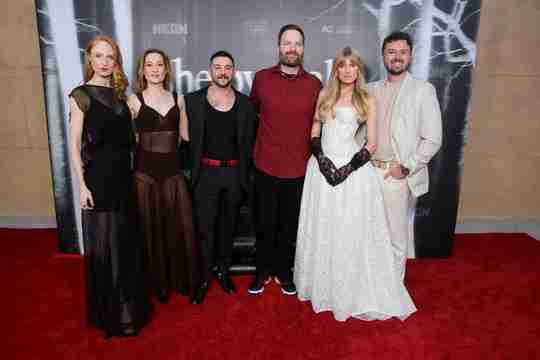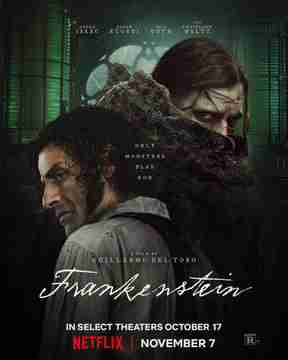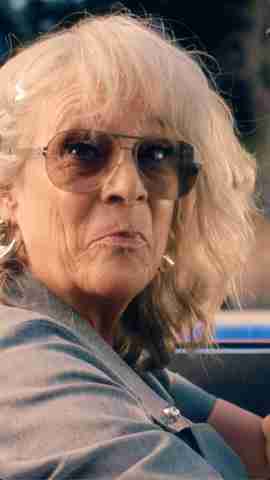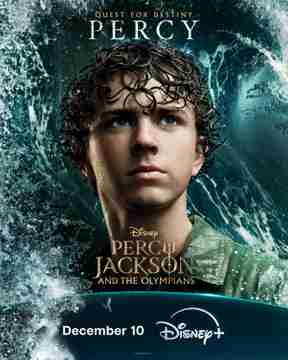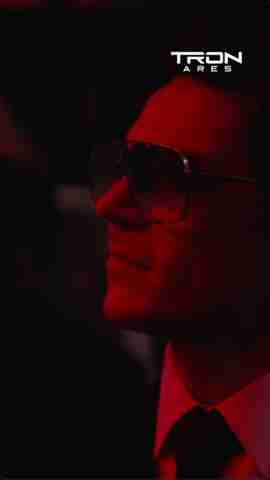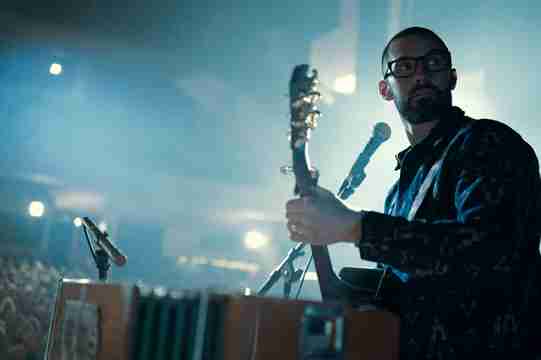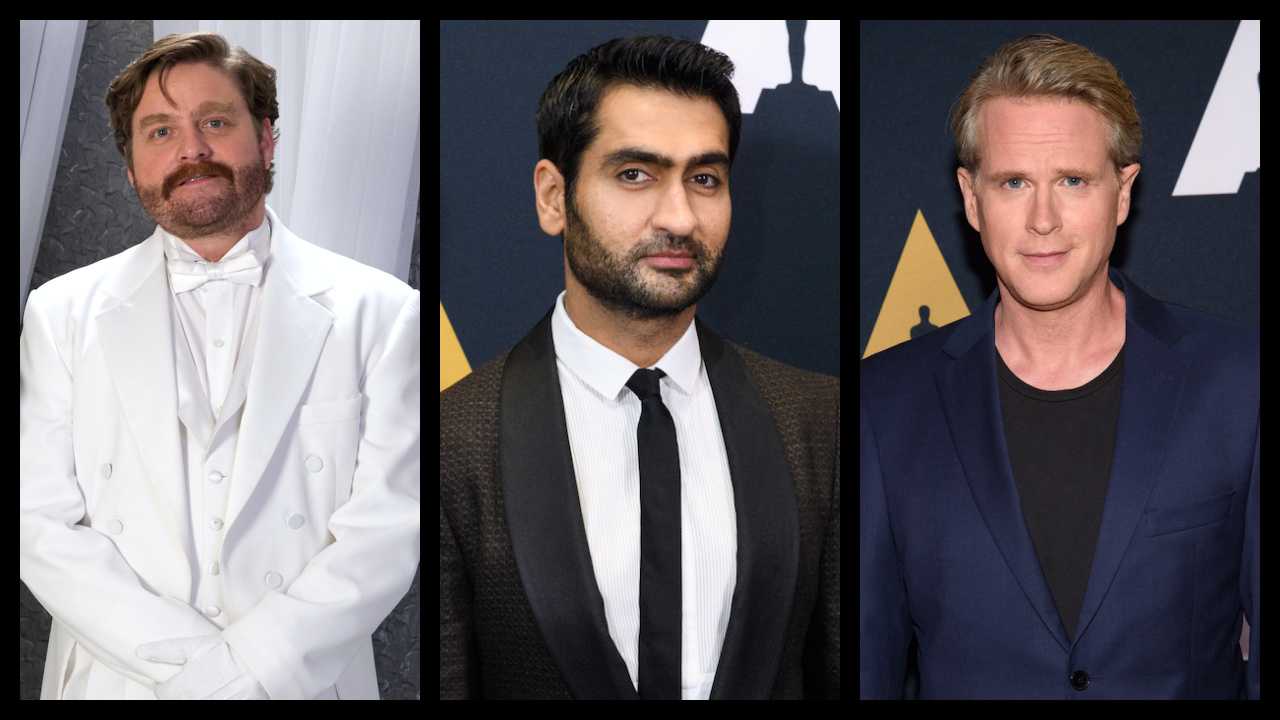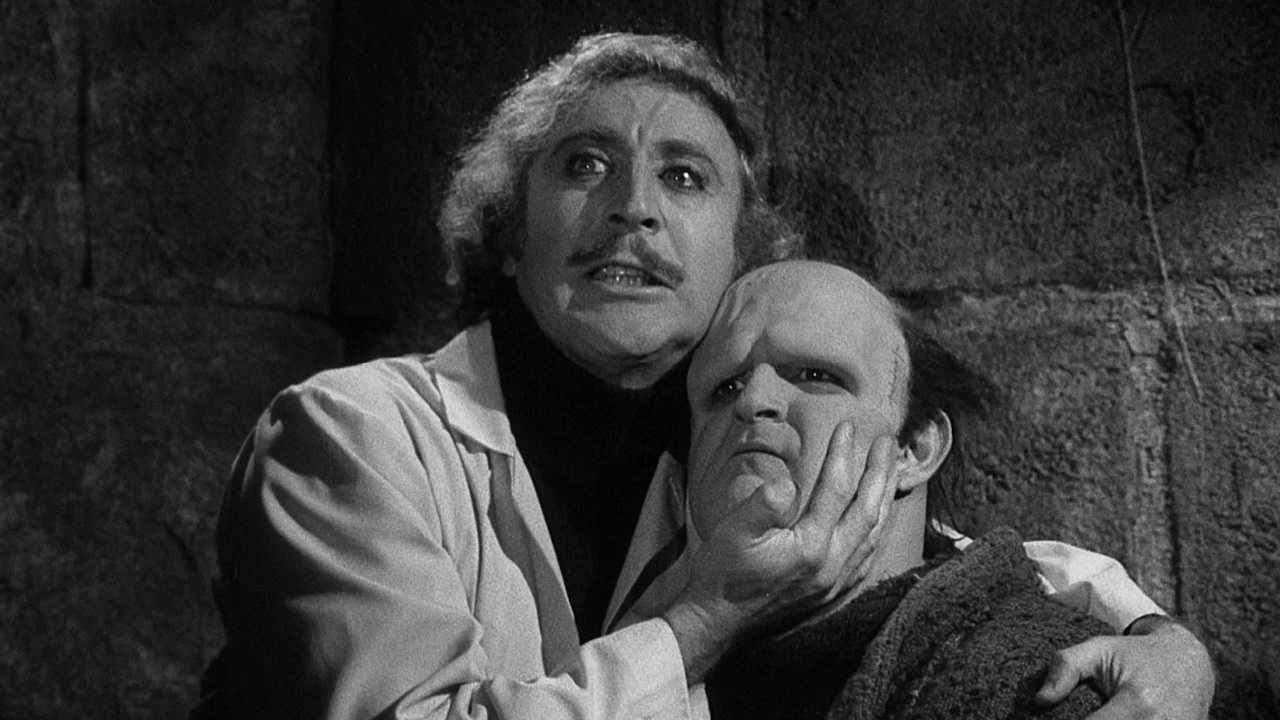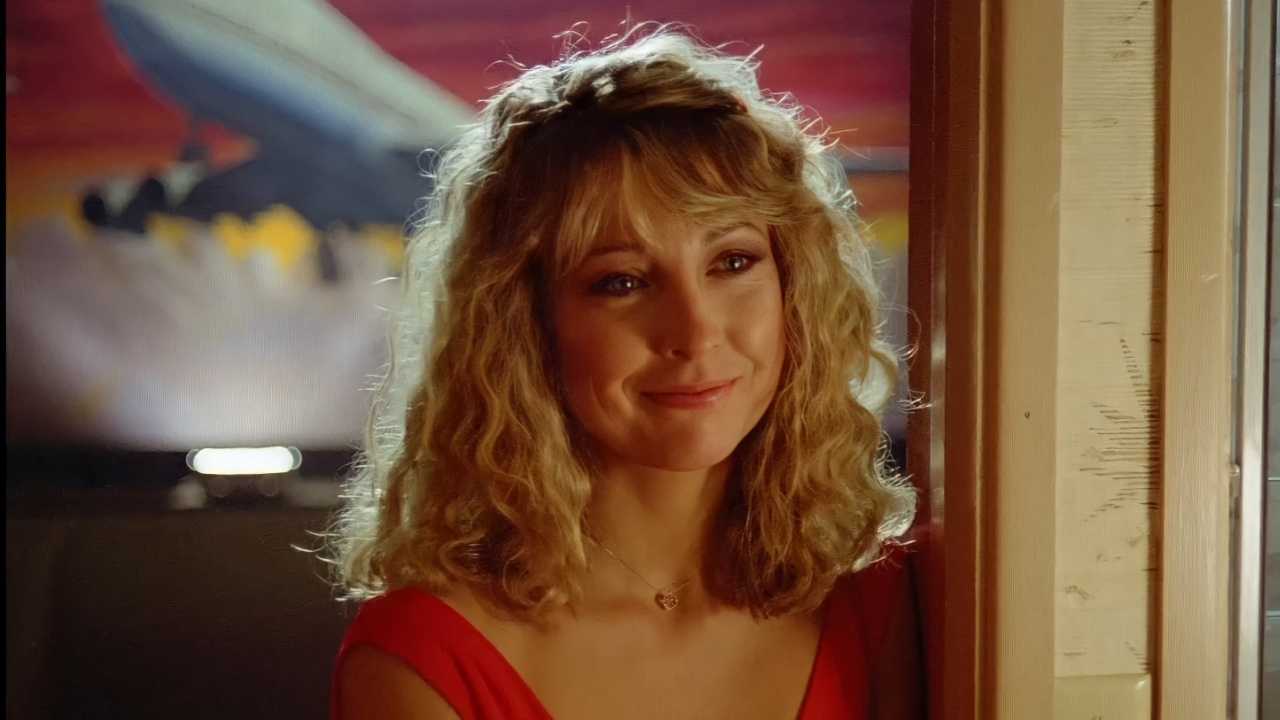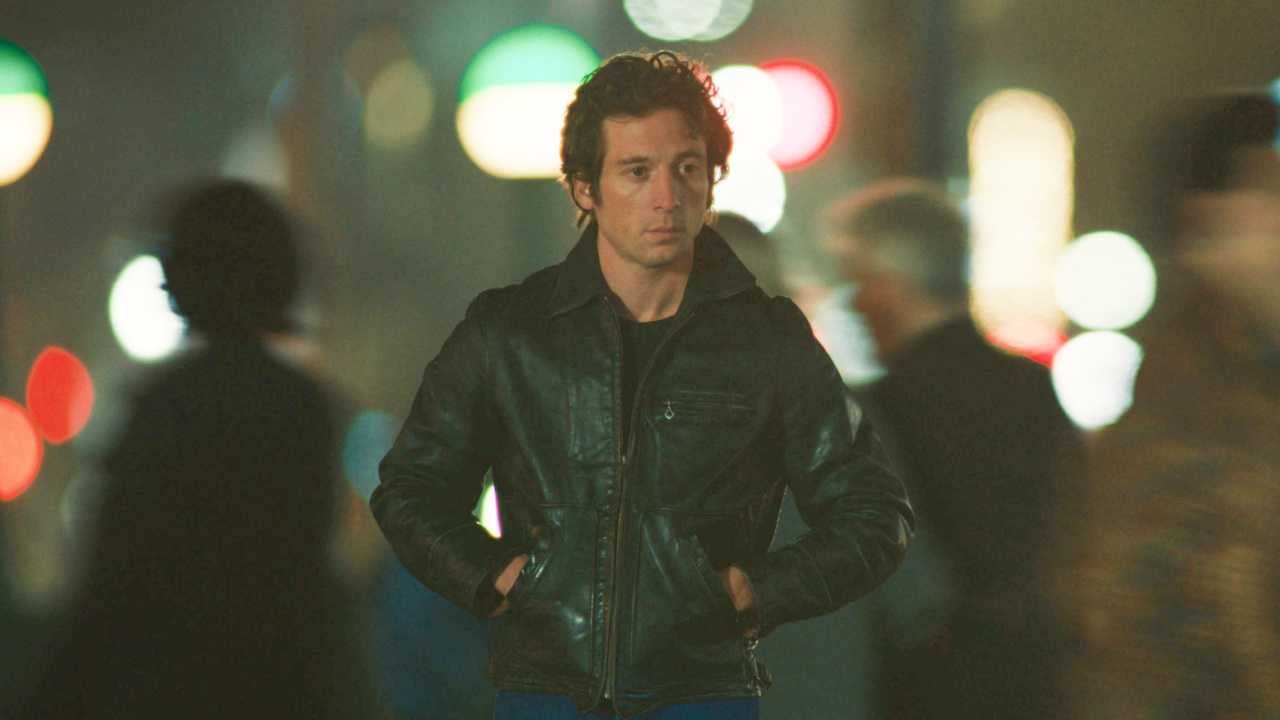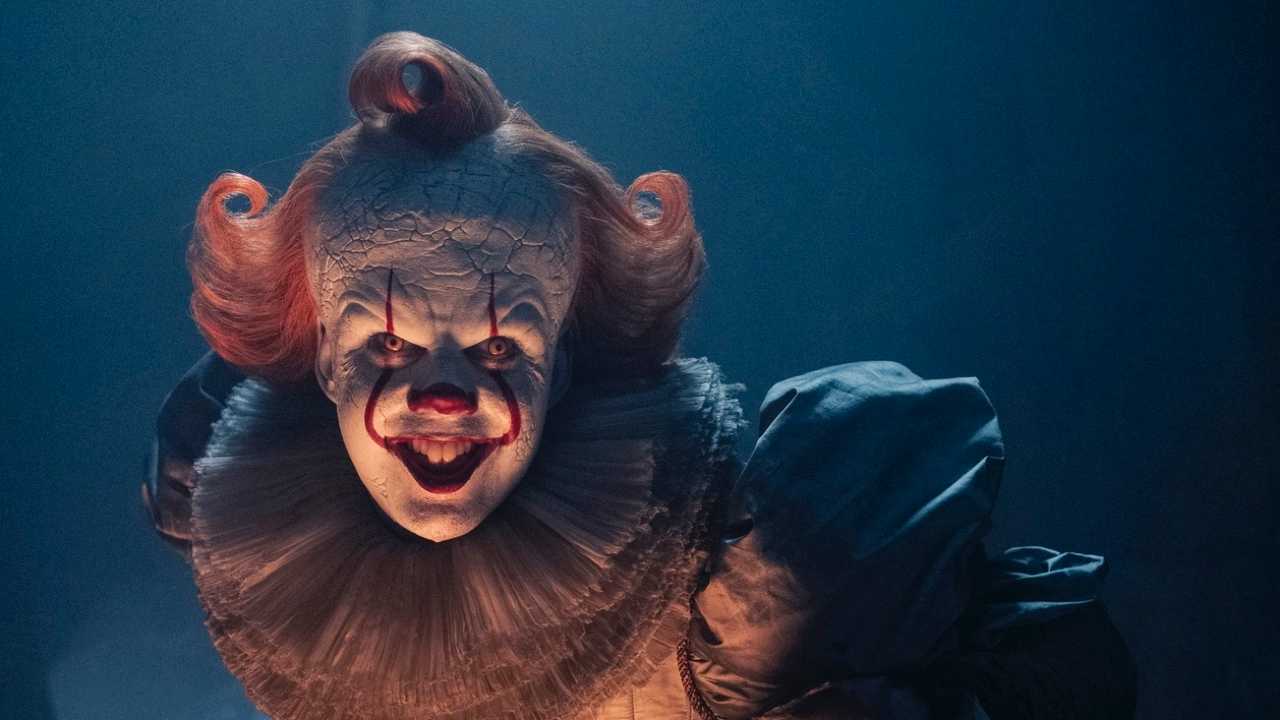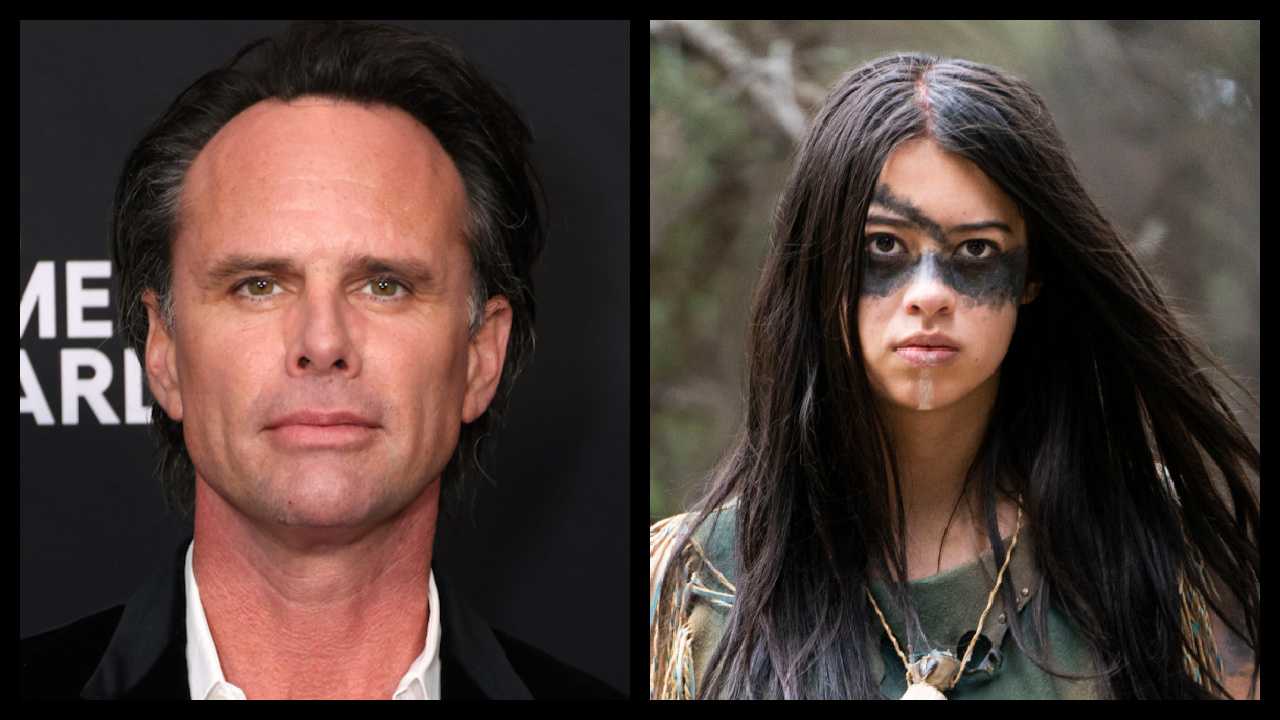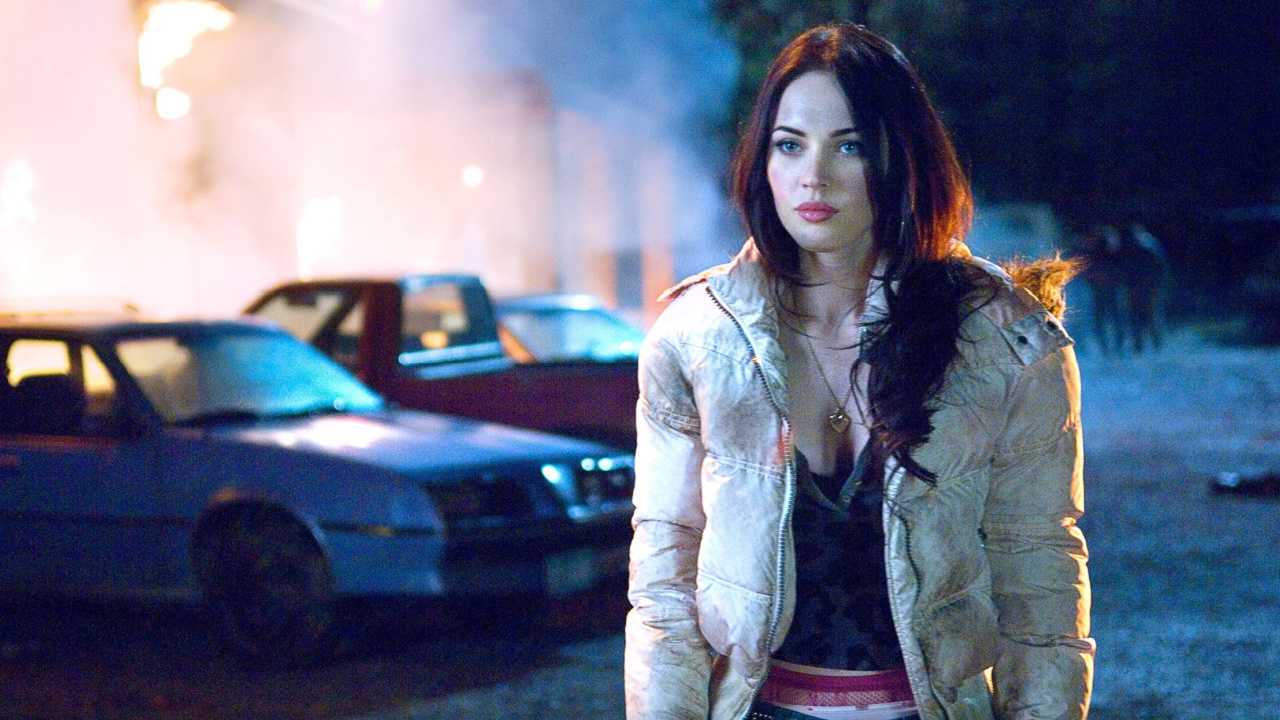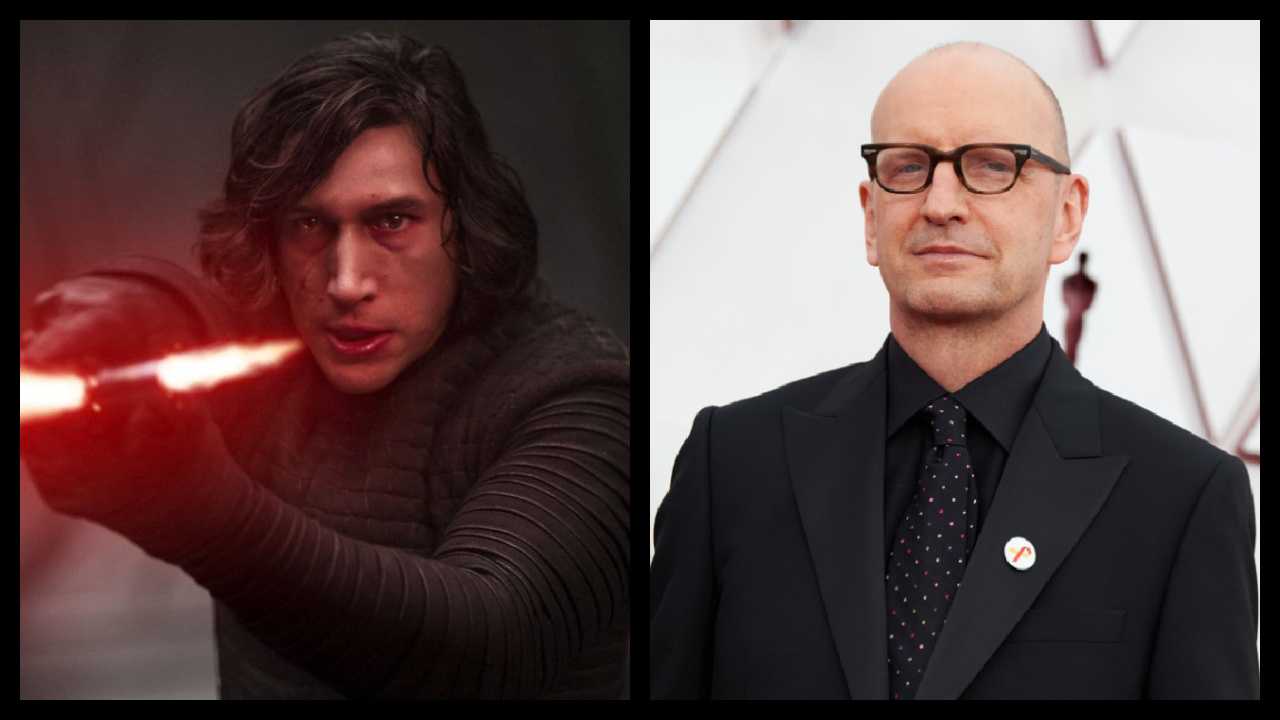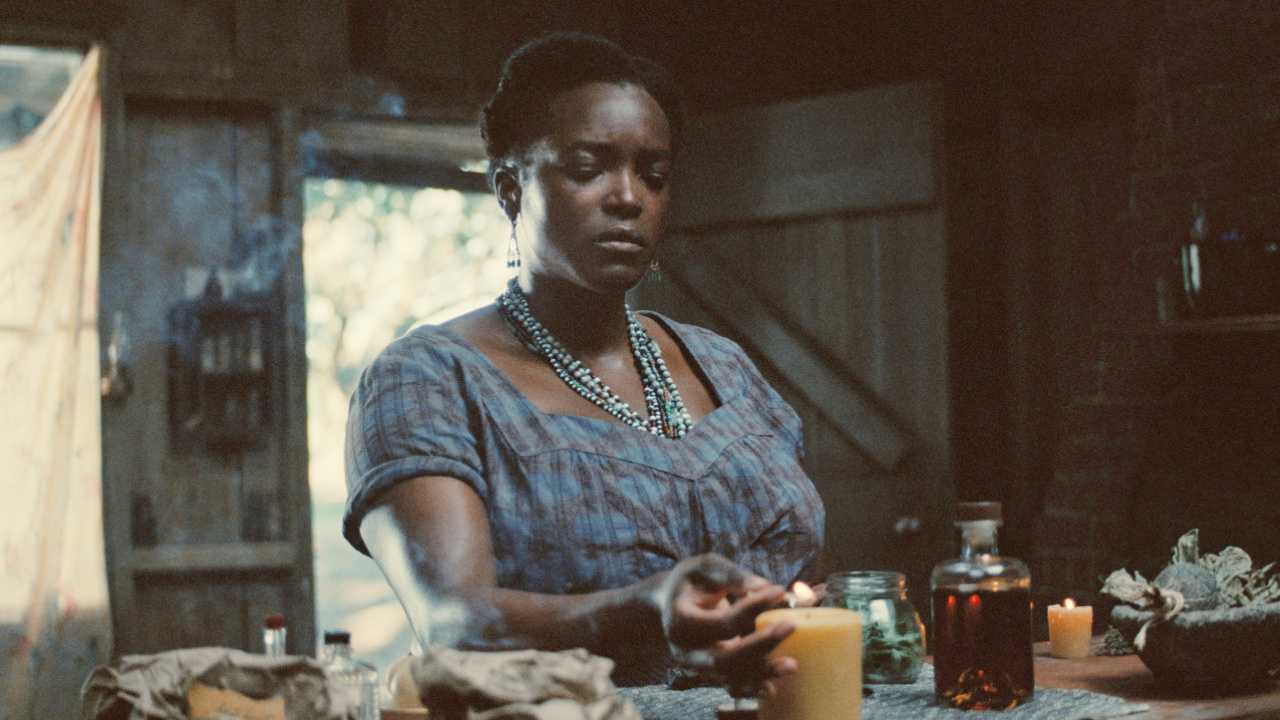Every Mel Brooks Film, Ranked
Mel Brooks has been a fixture in the world of entertainment for longer than most people reading this article have been alive. His entertainment career started in earnest in 1949 when his friend Sid Caesar hired him to write jokes, but even as a teenager, he would perform routines at a pool near his Brooklyn home, and enjoyed his first opportunity to become a comedian at 16 when an emcee at a local club fell ill. His first project as a director wasn't released until 1967, when he was 41, and he hasn’t slowed down since then, moving back and forth between television, film and the stage, earning not just one but all four of the most coveted prizes in Hollywood -- an Emmy, a Grammy, an Oscar and a Tony. That's right, he's an EGOT.
To commemorate the comedian, filmmaker and storyteller’s 93rd birthday on June 28, we’ve decided to rank all of Mel Brooks’ movies as a director. Some of the superlatives are easy to pick, but there are some surprises in his filmography that have more humor and charm than many audiences may remember.
11. “Dracula: Dead and Loving It” (1995)
As the last film he directed, Brooks was chasing after his own imitators, including the Zucker brothers and other blockbuster parodists, which may account for why the film just feels like an endless barrage of bad, bad jokes. Worse, it much more openly pauses to acknowledge anachronisms and other punch lines -- something his earlier films only did sparingly, if at all. Exactly how Leslie Nielsen could become a parody of himself remains a mystery given how many comedies he’s been in, but relinquishing the deadpan commitment to a role that he brought to the first “The Naked Gun,” he reduced what was a timely but potentially funny concept to shameless, laugh-free mugging, in a film that felt like Brooks poorly Xeroxing his own "Young Frankenstein."
10. “Life Stinks” (1991)
Mel Brooks has always sided with the proletariat -- even when he sometimes made fun of them. But in playing callous industrialist Goddard Bolt in order to thoroughly lampoon upper class insensitivity, this rare excursion into comparatively straightforward moviemaking (it’s not a parody and he never breaks the fourth wall) fails to make an impact either as social commentary or just a straightforward comedy. Remarkably, it’s not his worst film, but it’s probably just his least.
9. “Robin Hood: Men in Tights” (1993)
Brooks’ instincts were beginning to get rusty by the time he decided to lampoon "Robin Hood: Prince of Thieves" (Brooks' movie has a title even structured like that 1991 blockbuster). Although this film has a few solid laughs (and is notable for giving Dave Chappelle his first major role) it marked a downward trajectory into more zeitgeist-y humor that doesn’t hold up as well today, much less five minutes after the movie ends.
8. “High Anxiety” (1977)
Critics in the late 1970s already found many of Alfred Hitchcock’s films bordering on self-parody before Brooks took aim at them, which may account for why this send-up was less well received than many of his others. Nevertheless a fun proof of many of the scenes and sequences that helped make Hitchcock the “Master of Suspense,” it continues to work best as a showcase for Brooks’ gifts as a stylistic copycat and satirist.
7. “The Twelve Chairs” (1970)
Brooks proved to critics that he was a legitimate filmmaker with this, perhaps one of the most famous adaptations of the Russian novel of the same name. Its longevity hasn’t endured as vividly as some of Brooks’ other films, but it remains a skillful and funny (if uneven) comedy bolstered by solid performances from Dom DeLuise and Frank Langella.
6. “The Producers” (1967)
Brooks’ writing and directing debut earned him a Best Original Screenplay Oscar for this wild and unforgettable comedy about a fraudulent producer (Zero Mostel) who enlists a neurotic accountant (Gene Wilder) to help him mount a play that’s destined to fail in order to cover up some sketchy finances. The breakout film went on to become an even better-known musical, but only Brooks could make a truly great film about a truly awful play and have it live on for decades as one of the most impressive “first films” in Hollywood history.
5. “Silent Movie” (1976)
Featuring only one audible line of dialogue (notably, from renowned mime Marcel Marceau) Brooks’ take on films from the silent era once again leaned on his intimate knowledge of filmmaking and storytelling conventions from that era. Though the film was incredibly prescient in its send-up of a studio system that touts star wattage and box office clout over characters and stories, “Silent Movie” remains one of the director’s successes that feels like lives on via word of mouth, so to speak, rather than being shouted from the rooftops as a masterpiece.
4. “Spaceballs” (1987)
For a generation of moviegoers who grew up with “Star Wars” as part of their childhoods, Brooks’ parody is as iconic as George Lucas’ franchise. This is thanks largely to a vivid and instantly memorable cast of characters, the film’s slapstick-y reinterpretation not only of its mythology (“The Schwartz”) but the conventions of big-budget moviemaking (apprehending the lead actors’ stunt doubles), and the filmmaker’s indefatigable parade of jokes that just hammer viewers into side-achy submission.
3. “History of the World, Pt. I” (1981)
Brooks kicked off the 1980s with a much-needed goof on not just a genre or the industry as a whole, but on humankind’s legacy itself, creating an anthology that pokes fun at a number of very dark times in history. Simultaneously a parody of several different genres (including sword and sandal epics and period costume dramas), Brooks got ahead of the times for a story whose lessons about humility and vigilance fell on deaf ears in a decade that was obsessed with forging ahead at all costs.
2. “Young Frankenstein” (1974)
I’m not sure what’s more impressive -- that Brooks made another film the same year as “Blazing Saddles,” or that it’s almost as good. Brooks turns his astute, merciless eye towards classic horror for this portrait of Dr. Frankenstein’s grandson as he attempts to escape the shadow of his mad grandfather, only to succumb to the same obsessions -- albeit to decidedly more hilarious effect. Gene Wilder conceived the film and Brooks co-wrote it with him, finding the seemingly endless possibilities in the story of a well-intentioned scientist who wants nothing to do with the wackos who made his last name a punch line.
1. “Blazing Saddles” (1974)
A start-to-finish masterpiece that breaks down more than just the Western genre, Brooks’ first parody set a template for an entire comedic sub-genre while also dismantling some deeply uncomfortable truths about the fabric of America itself. Telling the story of an Old West town and the black sheriff (Cleavon Little) that its people reluctantly install to maintain order, Brooks turns conventions upside down and inside out with this anachronistic, endlessly clever, and flat-out hilarious classic.

